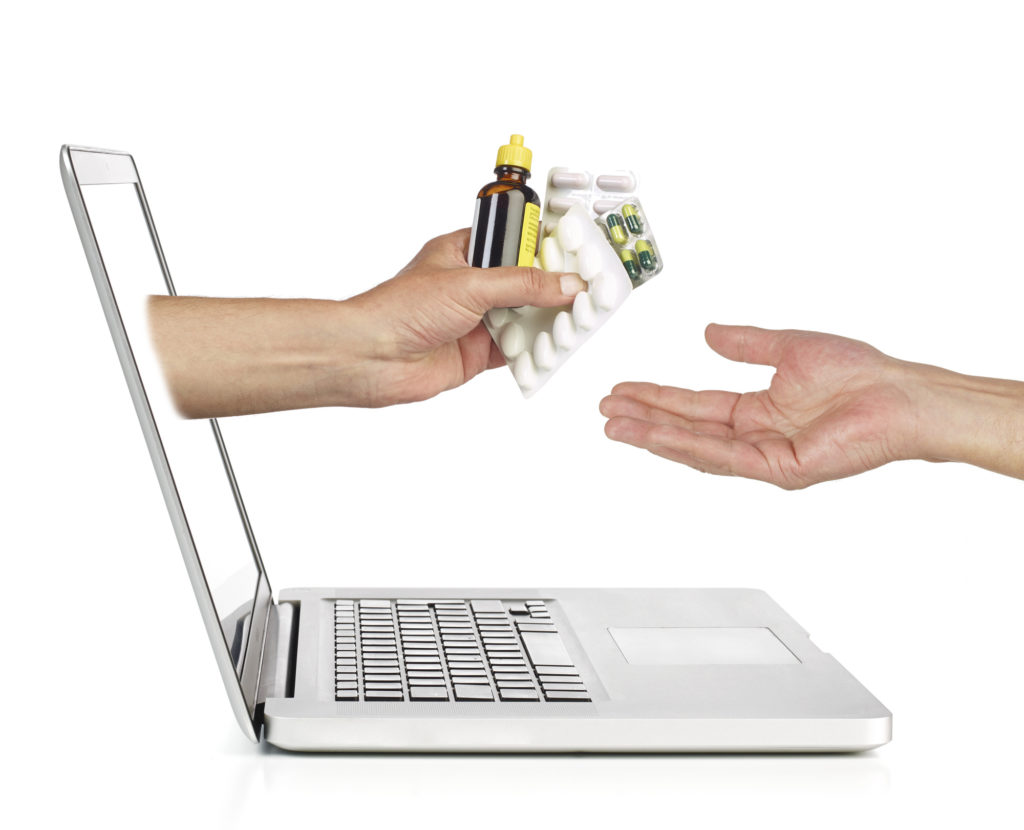As you start weighing in and see the drastic increase, you might feel frustrated. The sad part is that as you age, losing weight becomes a challenge. With hard work and determination, it is possible to lose those extra pounds and stay in shape. Remember these tips to help prevent weight gain.
Increase your muscles
You can hit the gym and start lifting weights. You need to increase your metabolism and adding muscle mass could make it happen. Doing strength training a few times a week can help in muscle building. Being physically active each day is also essential. The best part is that if you are exercising, you can even start adding more calories to your diet without worrying about weight gain.
Eliminate bad habits
You might be doing some things that are detrimental to your body. It includes the lack of any physical activity. You also keep eating after dinner time as you start watching TV shows. You drink too much alcohol and sweetened drinks. You might even think that finishing the food your kids did not finish is a good thing to prevent waste, but you are not doing your body a favourin doing so. If you want to lose weight, you need to start changing these habits. Again, as you get old, it is difficult to lose weight, and even more difficult to change your bad habits.
Start with small changes
You do not need a radical diet plan to lose weight. You also do not need to try extreme muscle training. You can start by making small changes in your daily activities, and gradually move up to more difficult tasks. For instance, if you love cookies, you can reduce your intake to just two cookies a day up until you limit it to just once a week. If you like sandwiches, you can take a bite without finishing the whole thing. If you are not too physically active, you can start by checking the number of steps you take each day. You can reach a small target first until you start moving up. Look for practical methods to help you lose weight instead of making changes that are not sustainable at all.
Focus on the social aspect of eating
When you eat, you are not only doing it because you want to fill your empty stomach. You also want to spend time with the people you love. You want to talk about your day and the issues that society faces. Instead of focusing solely on what you put in your mouth, you can start enjoying the company of other people. Bring up topics for conversations. Do not use your phone when eating so that you can have quality discussions.
If all these techniques do not work and you still keep putting on weight, you might have to try something drastic. You can undergo Aqualyx fat removal. It is non-invasive, and it does not cause pain. You can go back to your routine after the treatment. Many people find it effective and you can try it too.











